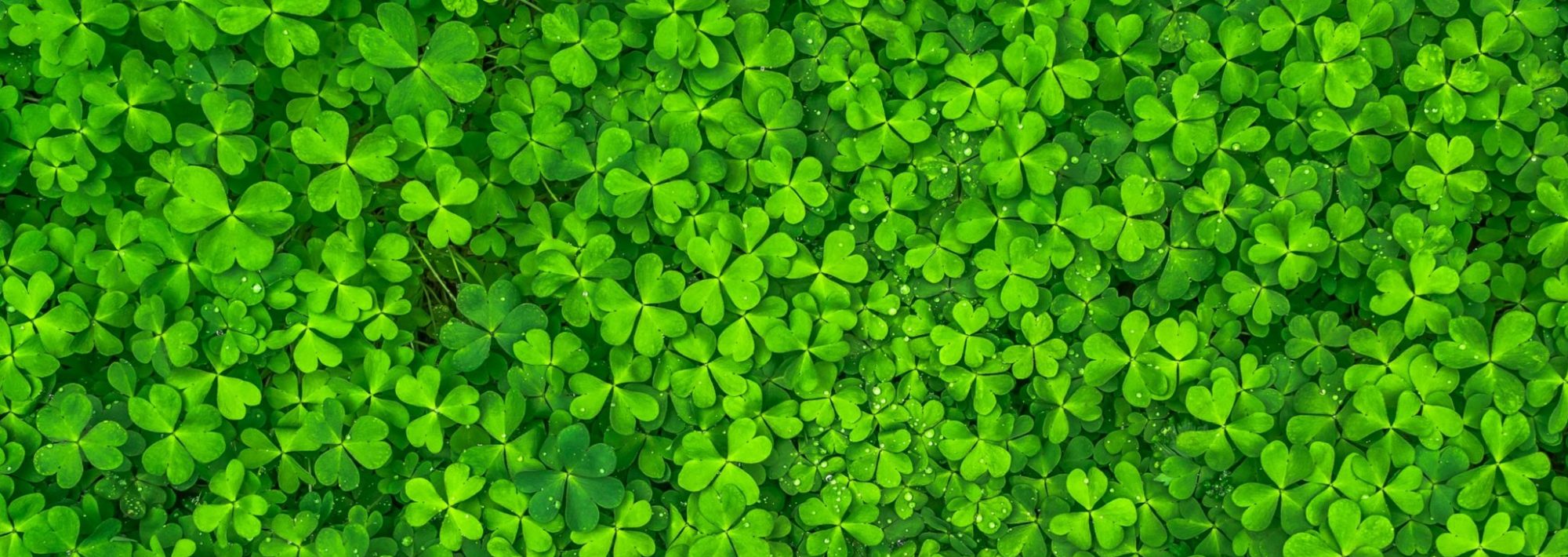On Russia’s invasion of Ukraine
I try to stay with analysis of others’ art and my own attempts at poetry or just life observations in this blog, but sometimes there is a temptation to write about politics. We had a saying in DC journalism that something was “above my paygrade,” meaning beyond their understanding or skill. That’s how I usually feel about politics.
There is an interesting essay in The Wall Street JournaL called “Russia’s Long Disdain for Ukrainian Nationhood.” Some of Russia’s best-known literary witers, who even were dissidents within Russia, shared Putin’s ideas that Ukraine should be part of Russia. From the essay:
“As a young poet in the Soviet Union, Joseph Brodsky was persecuted by the authorities before escaping to the U.S. in 1972 and going on to win the Nobel Prize in literature. In Soviet-era Kyiv, Ukrainian intellectuals used to trade coveted samizdat reprints of Brodsky’s poems, reciting them at clandestine gatherings.
But the affection wasn’t mutual. At a reading in 1992, less than a year into Ukraine’s existence as an independent nation, Brodsky offered a new poem titled ‘To the Independence of Ukraine.’ ‘Farewell khokhols,’ he intoned, using a racial slur for Ukrainians. ‘We’ve lived together, now enough. Wish I could spit into the Dnipro River, perhaps it would now flow backwards.” Brodsky went on to predict that when the ungrateful Ukrainians were wheezing on their deathbeds, they would surely revert to reciting the verse of the classic Russian poet Aleksandr Pushkin, rather than the ‘lies’ of their own national poet, Taras Shevchenko.”
The essay mentions also that famed Russian dissident novelist Alexander Solzhenitsyn had similar views, and Putin had an in-person talk with him shortly before Solzhenitsyn’s death. These famous writers may have added fuel to Putin’s fire on the issue. The essay does not mention something I also find interesting: Mikhail Gorbachev, who basically paved the way for the end of the Soviet Union, is partly ethnically Ukrainian.
